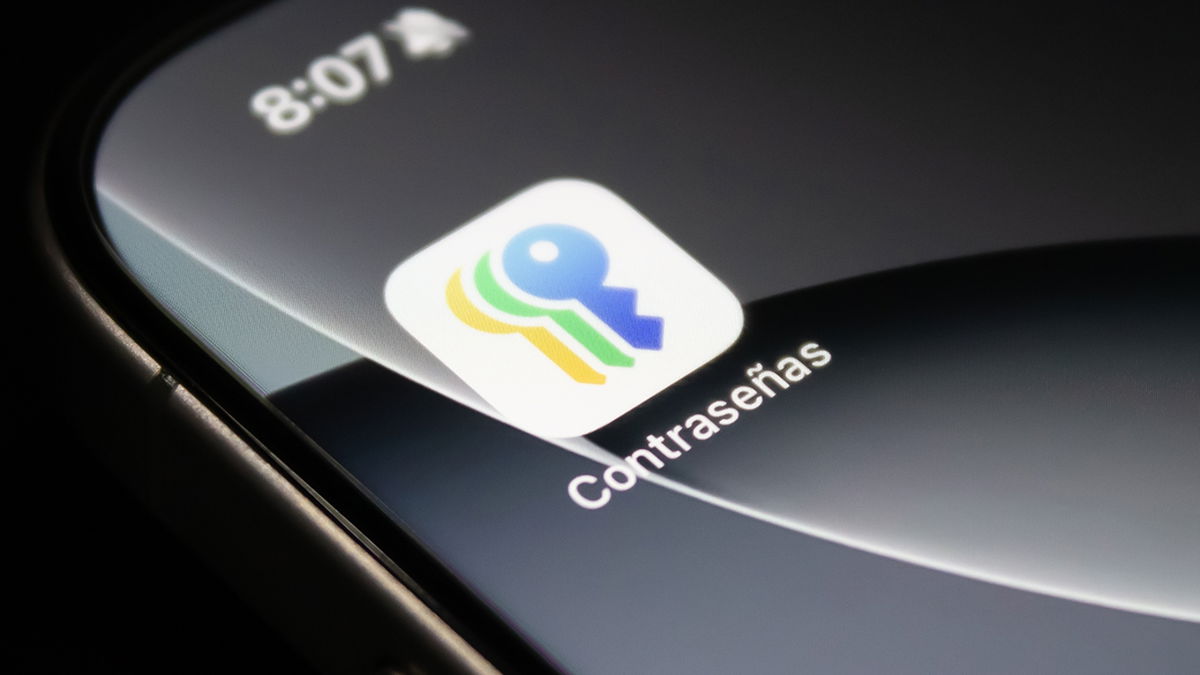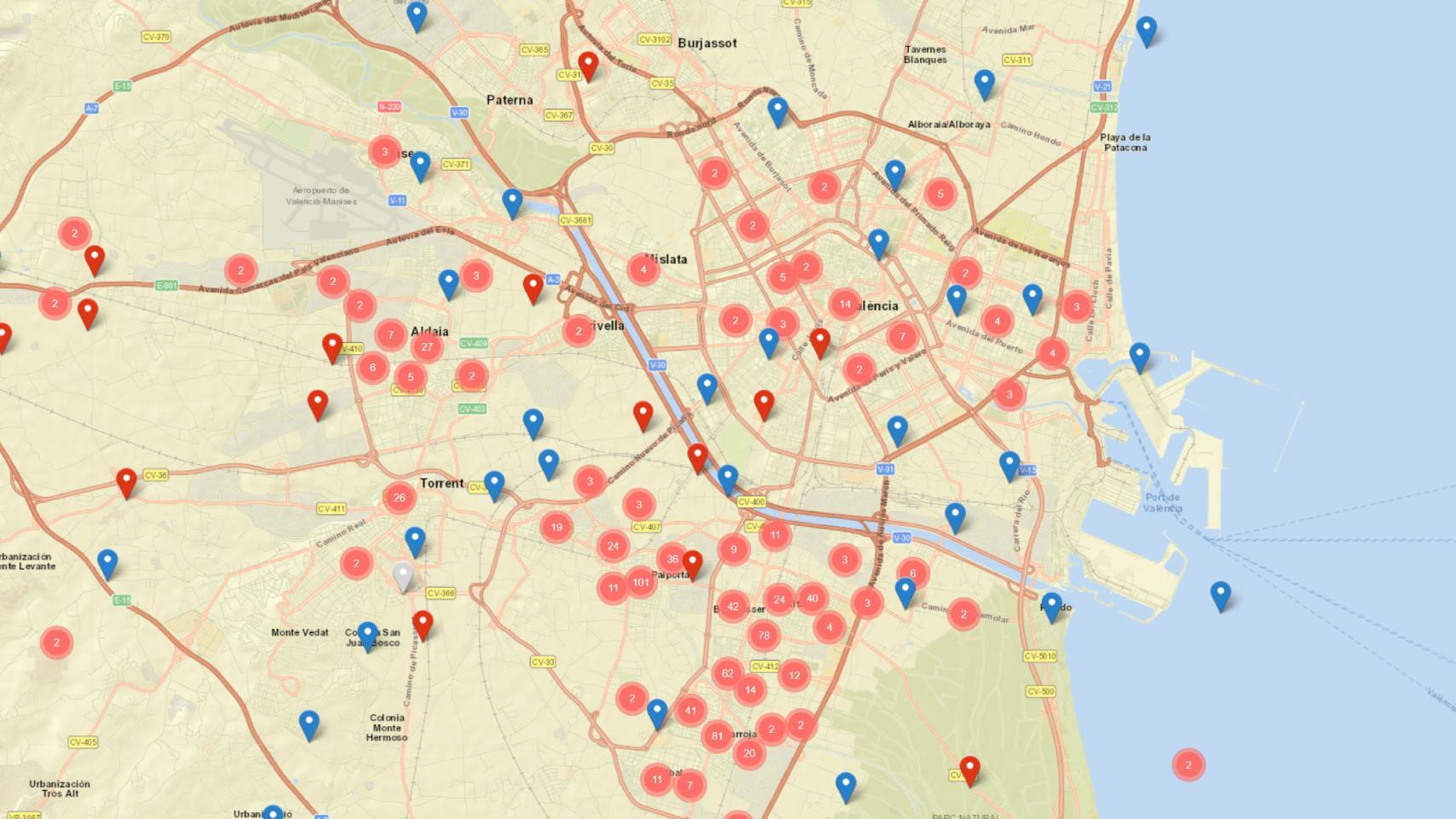That an Apple Watch helps with medical diagnosis is no longer a novelty. Only a few days ago we knew of a story in which an Apple Watch SE detected a heart attack. However, It is surprising to know new testimonies of how, without being a medical device, Apple’s wearable continues to be useful. Especially for those who don’t know they have a condition.
He didn’t care, but he was having a heart attack.

Everything seemed to be going normally in the life of Adam Croft, a 36-year-old man who lives in a small town in the British county of Bedfordshire. All it started with a little dizziness when getting up from the sofaCroft told the BBC. It could have been the typical dizziness that happens to many of us when we stand up very quickly. But that was not the case in this story.
Immediately afterwards, Croft says he went to the kitchen to drink some water and that’s when he “felt the world falling on him”. He scrambled to the ground as best he could and, he said, found himself in “a pool of cold sweats”. Believing already recovered, he went to bed without thinking too much, but his Apple Watch was waiting for him a bad surprise. Fortunately.
The next morning, the Briton found several notices on his watch which alerted to possible atrial fibrillation. For those who are less frequent with these terms: an irregular heartbeat which, on many occasions, is a symptom of a heart attack or other heart problems.
After that, he began to realize that maybe what had happened to him the night before could indeed be serious. Thus, within an hour and after calling the emergency services, Adam Croft finds himself in a hospital. There, the health staff performed two electrocardiograms which confirmed what the Apple Watch had perceived. What is remarkable in this case is that he had never suffered similar episodes before and that the doctors had not detected anything abnormal either.
We do not know what medical procedure was followed afterwards, which probably remains in patient confidentiality. Anyway, the good news is that Adam Croft he was able to detect it in time thanks to his Apple Watch and that the doctors already have proof of your condition to treat it.
As we said at the beginning, it should be clarified once again that the Apple Watch is not a medical device. As such, its readings may turn out to be wrong and therefore Going to a doctor is always the best recommendation.. Either in the face of the warnings that the watch offers, or in the face of symptoms which, even if not detected by the device, could require medical attention.
Through | BBC
In Applesphere | Where do we stand with blood glucose measurement on the Apple Watch: Here’s how patents and rumors have evolved









